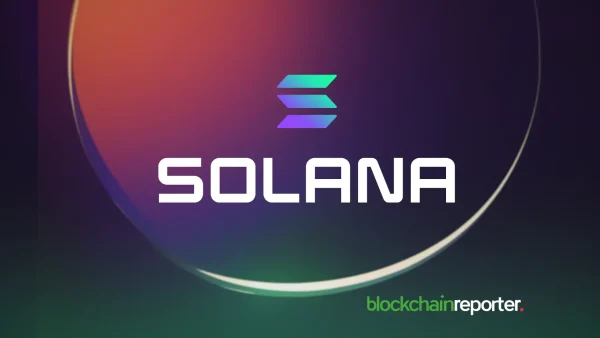
- Cboe BZX has submitted to list the first US spot ETF linked to the SUI token, pending the SEC’s approval.
- The ETF would enable direct investments in SUI and contain staking income but no forks or airdrops.
Cboe BZX Exchange has therefore formally filed with the US Securities and Exchange Commission (SEC) to list spot exchange-traded fund (ETF) linked with Sui’s native token, SUI. The application was submitted on April 8th and includes plans to list the Canary SUI ETF, which will be the first ETF listed in the US that invests directly in the $6.5 billion tokens.
If approved, the ETF will make a direct investment in SUI by making shares available to investors who trade on the Cboe BZX exchange. Canary Capital, the provider of the fund, submitted form 19b-4 to the exchange soon after creating a Delaware Trust to support the structure of the fund. The decision aligns well with a trend of increasing the application of regulated financial products in crypto investment.
The proposed ETF structure includes staking provisions, whereby the filing specifies that Canary may stake all or a proportion of the SUI holdings through prominent providers. Any earnings to be derived from staking would be considered as income of the trust. However, the ETF would not participate in the forks or airdrops of the token.
Staking Income but No Exposure to Forks or Airdrops
The ETF filing stresses that while investors would obtain entrance to SUI’s utility and its staking reward, it would not cover future forks or token distribution. This decision focuses on enforcing simple and traditional structures for funds in order for them to fall within the remit of the current securities law.
Canary Capital pointed out that it has adapted its approach to mirror other approved ETFs that have been developed before. Cboe BZX also described its measures to prevent manipulations of the market and to safeguard clients.
Sui Token’s underpinning blockchain uses Move, a programming language based on Rust, and has features such as easy onboarding and Web3 integration. The network has about $1.1 billion in total value locked (TVL), proving its increasing popularity and a range of developer activities. This infrastructure has placed SUI in a position where it can be considered for an institutional-grade ETF.
Altcoin ETFs Gain Traction in the Wake of Spot Bitcoin and Ethereum Approvals
The SUI ETF proposal comes at a time when there has been a significant change of tone towards broader altcoin exposure. After the approval of spot Bitcoin and Ethereum ETFs last year, asset managers have stepped up efforts to list other crypto-funds.
Canary Capital has been rather active in filing for ETFs that focus on Litecoin, XRP, Hedera, Axelar, and even the meme-based Pengu token. Its Litecoin ETF, listed under the symbol LTCC, is already in the Depository Trust and Clearing Corporation (DTCC), which shows readiness for inception.
Cboe BZX has followed this trend with filings for Solana-based ETFs from Franklin Templeton and Fidelity. The exchange is keenly involved in taking digital assets to conventional forms of finance.
Also, as we reported, Canary has introduced its proposal of a fund that will incorporate non-fungible tokens and other digital currencies such as Solana and Ethereum. The new blended investment product would offer exposure to such assets as Pudgy Penguins.









